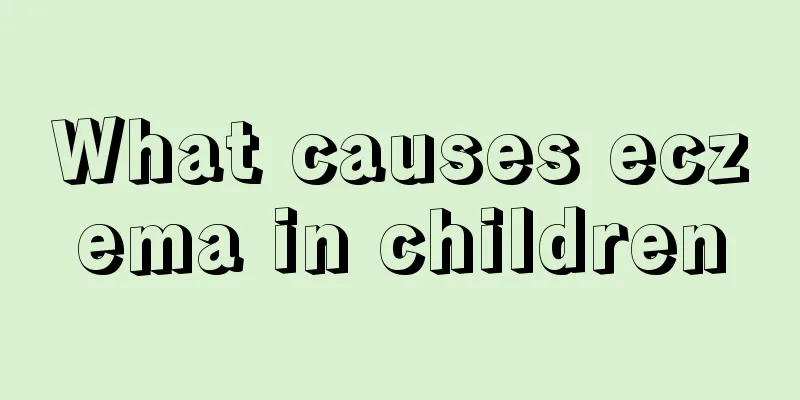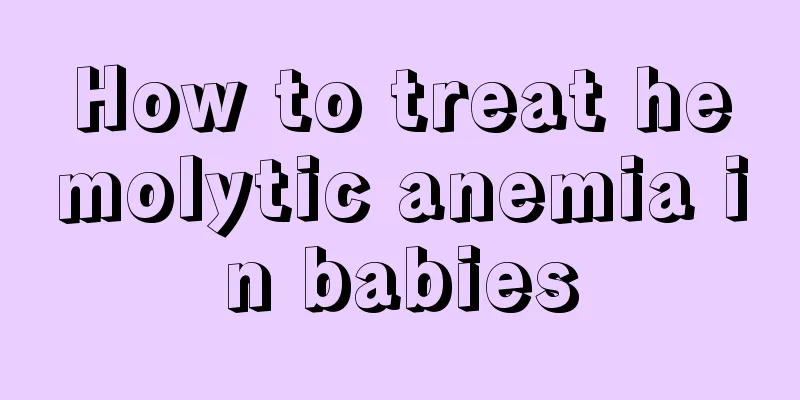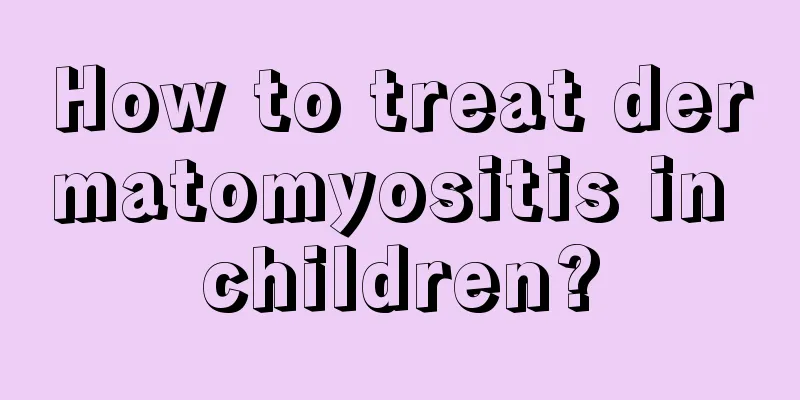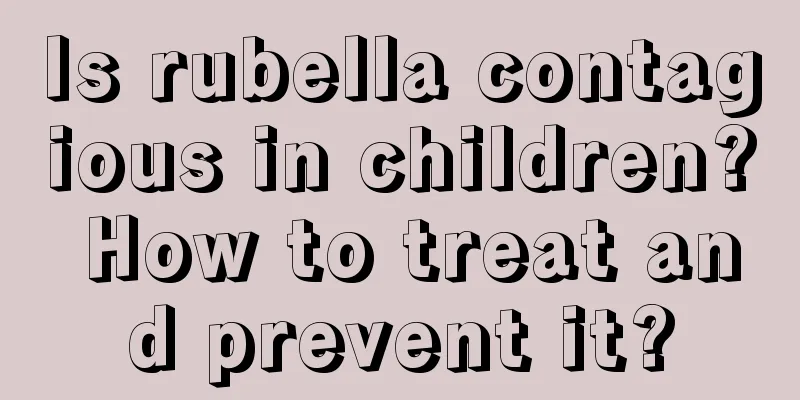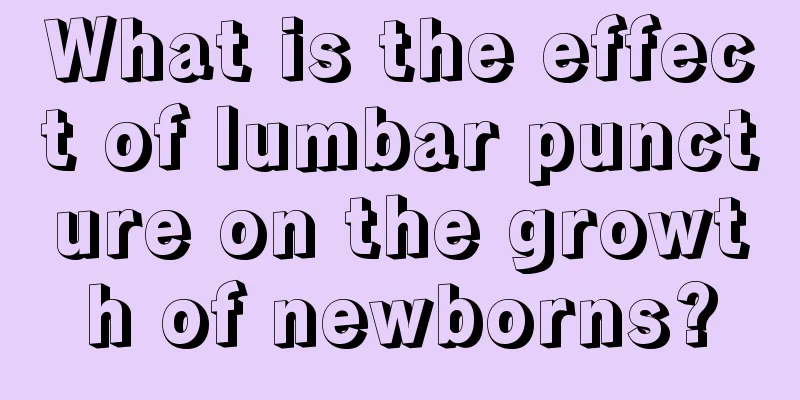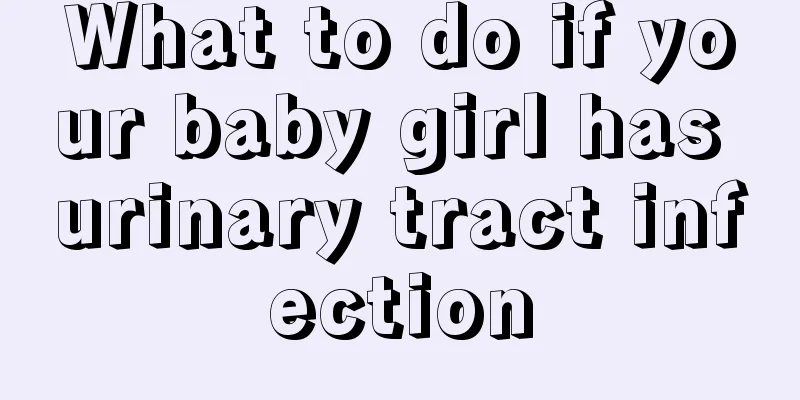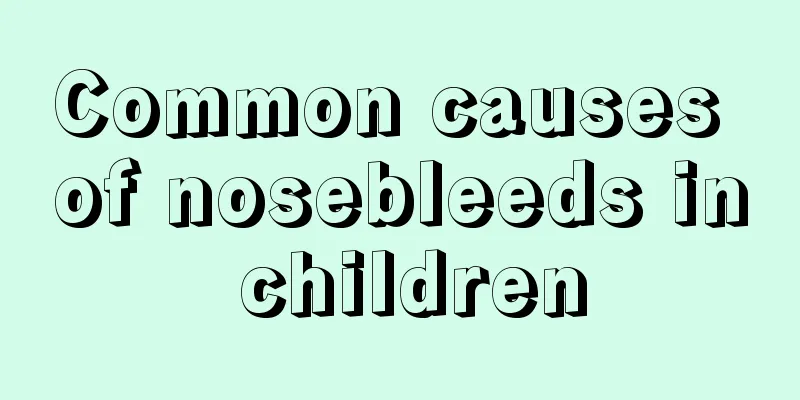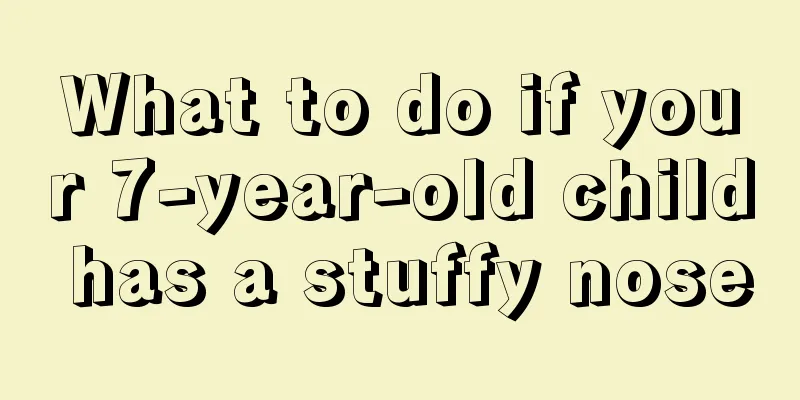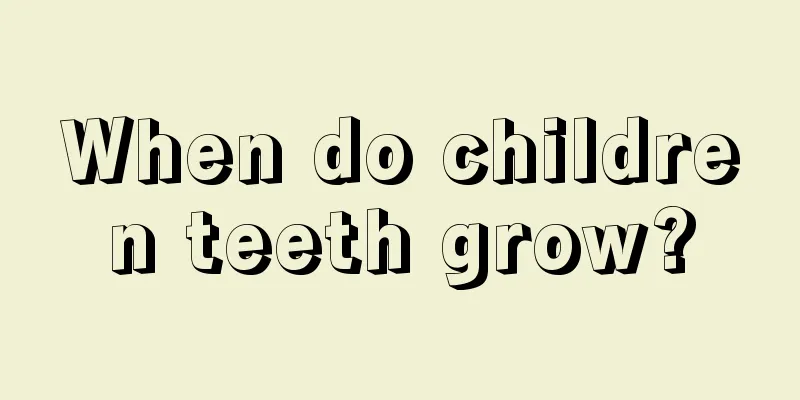Children's orthodontics, choose these three stages best
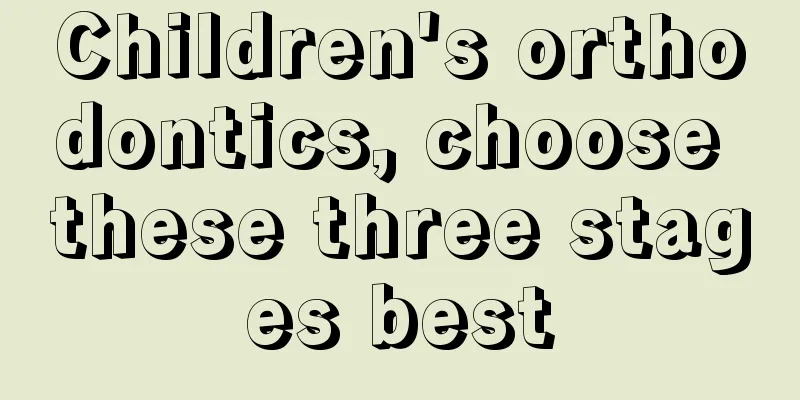
|
The beauty of children's teeth is related to their overall appearance. Some children's teeth may not be very beautiful due to various congenital or acquired reasons, so dental correction is very important. Parents should know that the deciduous teeth period, replacement teeth period and permanent teeth period are the best ages for children's dental correction, so they can prepare in advance. 1. Under what circumstances is it recommended to correct teeth? If you have crooked teeth, buck teeth, overbite, deep overbite, or deep overbite, it is recommended to have correction done. The prerequisite for orthodontic treatment is to have a good oral environment. If you have oral diseases, it is recommended to cure them first and then correct them. 2. 4 effects of leaving crooked teeth alone The following four adverse effects, no matter which one we can't bear: Unsightly teeth can make people psychologically sensitive. Some situations do affect the shape of the face. For example, buck teeth can make the face look like a bird's mouth from the side. Overbite can make the face look like a crescent moon from the side. It will affect the normal occlusion and chewing function of the teeth, causing mandibular joint disorder, gastrointestinal dysfunction, etc. Compared with normal teeth, they are more likely to breed oral bacteria and are difficult to clean, which can easily cause oral diseases such as gum and periodontal inflammation; Some conditions can affect pronunciation and cause slurred speech. So if you have the conditions, try to do it, it will bring long-term benefits. 3. When is the best time to get orthodontic treatment? In terms of time: it is never too late to correct your teeth, but it will only become more and more difficult, and the recovery time may be longer; as for the results, you will basically be satisfied. Depending on the specific situation, there are three optimal stages for children to correct their teeth. ① Primary teeth stage (4-5 years old)
This stage is mainly suitable for crossbite of deciduous teeth, also known as overbite. ②Dentalization stage (girls: 8-10 years old, boys: 9-12 years old) If you find that your child has bad habits such as biting his lips, sticking out his tongue, and protruding his jaw during this stage, you can see a dentist. ③Permanent tooth stage (girls: 11-14 years old, boys: 13-15 years old) The child's skeleton is basically formed, and most common dental problems can be well corrected at this stage. |
<<: Do you know how to effectively relieve nasal congestion in children?
>>: What should I do if my child has a cough and a runny nose?
Recommend
Do mothers know the reasons why infants and young children do not sleep well?
Nowadays, many children often show poor sleep qua...
Seven tips to help your child get along better with others
1. Set your expectations wisely Since most siblin...
Is it okay to give a child a bath if he or she has a fever?
For children, their bodies are not fully develope...
What should I do if my child has nasal mucus?
What should I do if my child has nasal mucus? I b...
At what age do boys start to change their voices?
At what age do boys start to change their voices?...
What is the complete knowledge of neonatal care?
The arrival of a newborn brings a lot of laughter...
What medicine should children take for stomachache?
When we were children, we often had discomfort of...
What are the treatments for baby's dry eczema?
Dry eczema is a very common disease. Many babies ...
Why is the area around the belly button cold?
In life, some people may feel cold around their b...
Normal value of jaundice in 40-day-old baby
For 40-day-old babies, their physical fitness is ...
What should I do if my baby doesn't have enough milk and doesn't want to eat milk powder?
We all know that many mothers now adopt the metho...
Why does a child’s face turn red but he doesn’t have a fever?
It is very normal for children to have a fever. E...
Blue spots on baby's back
There are blue spots on the back of babies. I bel...
What are the symptoms of eczema in children
Because children's bodies are still in a deve...
If your baby's wrists are bent inward, it means he has cerebral palsy.
When babies are born, their fists are clenched in...
